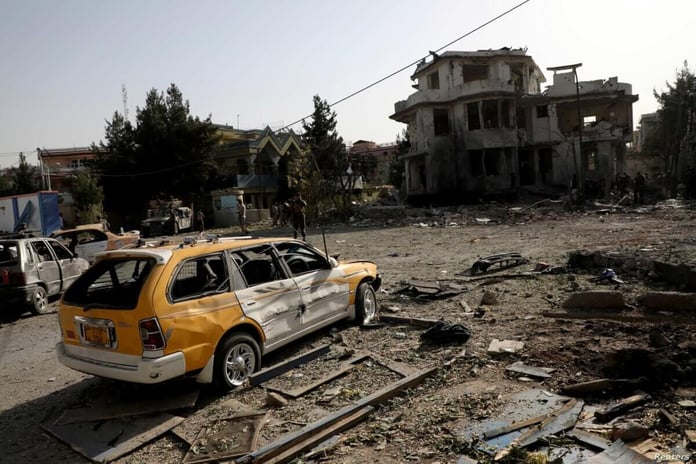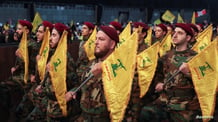
On Monday, the Pentagon expressed the United States’ concern about the situation in Afghanistan.
“We have expressed concern that Pakistan is providing safe havens for Taliban fighters across the border,” Pentagon spokesman John Kirby said, noting that the situation in the country was “not going in the right direction.”
He stressed the US administration’s concern “over the security situation in Afghanistan” and that “no one denies the progress of Taliban militants there.”
Kirby called on countries neighboring Afghanistan not to further deteriorate the situation there.
The US official indicated that the United States will continue to support government forces “through airstrikes when we can,” but noted that “the defense of the Afghan people is the responsibility of the Afghan forces.”
He also stressed at the same time that “the Afghan forces enjoy many advantages over the Taliban movement,” adding, “We acknowledge that the Taliban have made progress on the ground, but the Afghan forces have the capabilities to address that.”
Kirby said that the US administration is continuing its dialogue with Pakistani officials regarding the situation in Afghanistan and that Washington shares “the international community’s concern about the situation.”
On Monday, The Eastern Herald correspondent said that the Taliban launched a massive military operation from seven directions on the city of Faizabad, the capital of Badakhshan province in northern Afghanistan, and indicated that the Afghan forces requested air support to repel the movement’s attacks.
The Taliban continues its pressure and progress in northern Afghanistan, as it took control of the sixth capital of Samangan province on Monday, while the Afghan army asserts that it has achieved successes in the south.
The deputy governor of the province announced that the Taliban fighters had taken control of Aybak, the provincial capital, located about 100 km southwest of Kunduz, on Monday.
“The Taliban have captured the city of Ipek and are in complete control of it,” Sifatullah Semanghani, deputy governor of the province, told AFP. He explained that the notables asked the governor of the state on Monday to withdraw government forces from the city to spare it the fighting and that he agreed to do so.
Police in Balkh province said the nearest fighting site was at least 30 km away, accusing the Taliban of using “propaganda to terrorize the population”.
“The enemy is now moving towards Mazar-i-Sharif, but fortunately the seat belts (around the city) are strong and the enemy has been repulsed,” Interior Ministry spokesman Mirwais Stanikzai said in a message to the media.
And Mazar-i-Sharif is a historic city and the crossroads of trade routes. It is one of the pillars on which the government relied to control the north of the country. Its fall would be a very severe blow to the authorities.
Muhammad Atta Nur, the former governor of Balkh province and a strongman in Mazar-i-Sharif and the north, vowed to resist “until the last drop of blood.” “I’d rather die with dignity than die in despair,” he wrote on Twitter.
With a difference of a few hours on Sunday, after fierce fighting, the rebels captured Kunduz, which they had been besieging for a few weeks, and then Sari Pul and Talqan, the capitals of the two states located in the south and east of Kunduz.
The Taliban now controls six of the capitals of the 34 Afghan provinces after they captured Sheberghan, the stronghold of warlord Abdul Rashid Dostum, about 50 km north of Sari Pul, and Friday on Zaranj, the capital of the far southwestern province of Nimroz, on the border with Iran.











